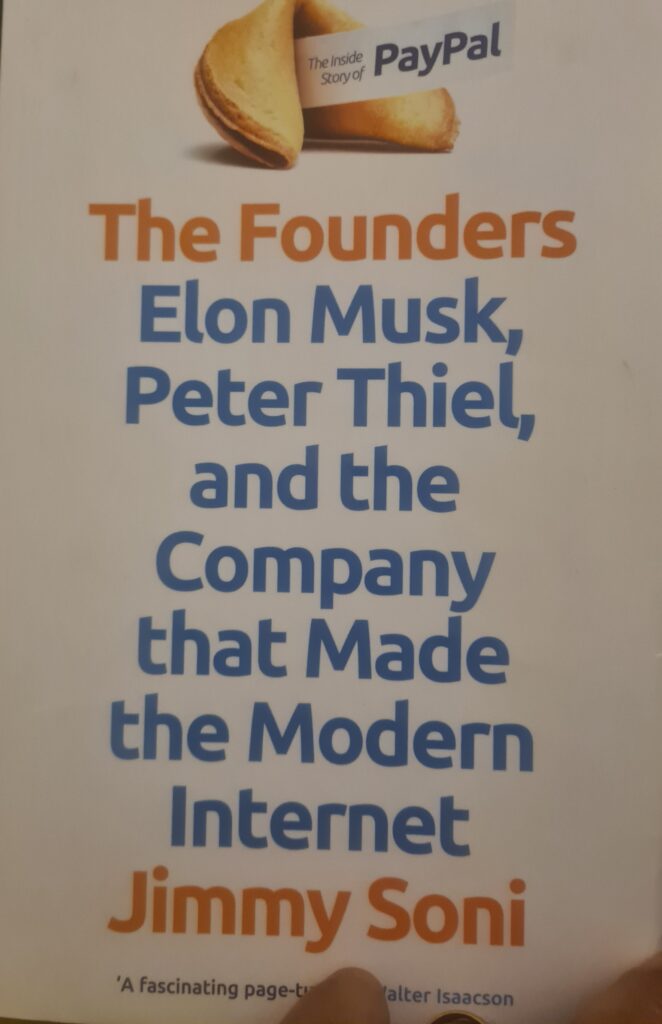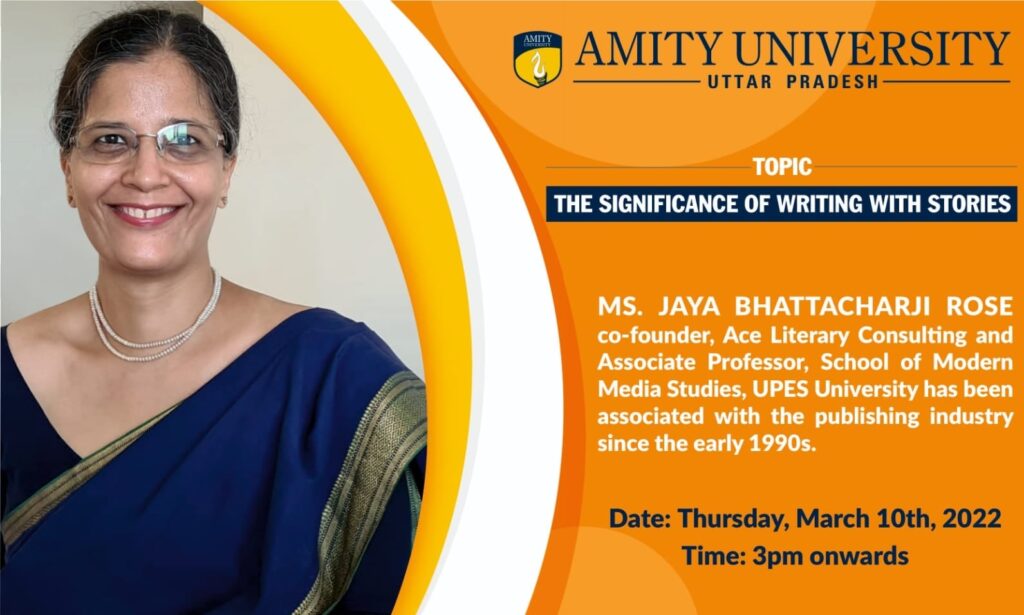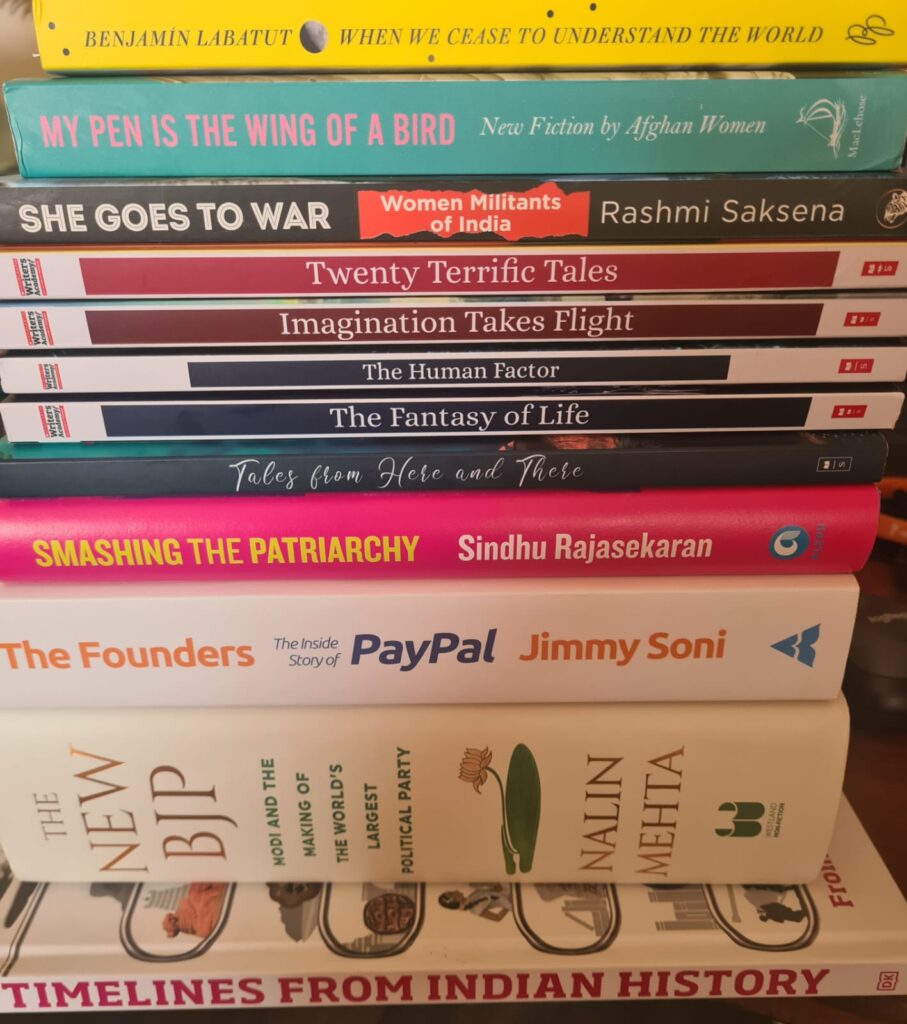Questions posed to Jimmy Soni, author of “The Founders”

Upon reading this fascinating book about the founders of the fintech company PayPal, I sent off a bunch of questions to the author, Jimmy Soni. At first he agreed to do the interview via email but then he refused to do so. He never offered me an explanation, nor did he acknowledge my emails. Nevertheless, I would recommend his book as a detailed account of the group of young men who are in many ways responsibile for ushering in the Internet revolution by enabling digital payments. They were to be later nicknamed as “PayPal Mafia”.
For the record, here are the questions that I posed to Jimmy Soni:
- Why this book? Why now?
- How did you get access to some of the founders as they are usually considered to be very busy and elusive? What are some of the interesting backstories that enabled you to get this book written?
- Why did you choose to begin the PayPal story with Elon Musk when the impression about the company has been mostly that it was associated with a group of people? In fact, their legend as a group grows with terms like “Paypal mafia” becoming common parlance in business circles. So why stress upon an individual more than the others in the group?
- How did working on this book transform you? Did it also challenge you in some ways?
- Some book reviews refer to the novelistic style of telling this history, but it is much more. It is like reading a detailed encyclopaedic entry about PayPal. It is almost as if you are keen to put in every single detail that you have gleaned during the research. Why was it necessary to document it in such meticulous detail?
- “Sicilian Defense”, “Bad Bishop”, and “Doubled Rooks”: Why do you have the chess references at the beginning of every section when the dots do not seem to be connected in the text? Or can you elaborate upon the chess moves and the relevant portions of the PayPal story?
- Even though you offer the explanation that you wished to avoid a cluttered layout, why did you not resort to using endnote numbers? It makes it seem that at times there are portions, especially those regarding conversations/meetings, as fictional accounts. It may not have been your intention, but it seems like it. Why choose this style of storytelling for documenting the history of PayPal?
- The master database of online search is the index, just as it has been for over 800 years for codex. Isn’t it curious that a book about a seminal aspect of the Internet, does not have an index? Why?
- The Founders comes across as not just a history of a crucial business enterprise but also that of boys with their toys. The book captures their passion, dedication, trust and camaraderie that is required in a startup. It is intoxicating. Yet, the text is permeated with a strong whiff of masculinity. There is an excitement, lack of consideration of time, rhythms, discipline etc. It is all about making an idea come true. It is about the personality of the men. It is also a fine example of what is considered to be the ideal definition of professionalism — dedicated to your works/colleagues 24×7 at the cost of everything else. The few women who are mentioned are portrayed like flat characters in a literary novel, with walk-on parts. Why employ this form of uneven storytelling that can be sadly misconstrued as gender discrimination? Or is it a reflection of the workplace ethics that inadvertently came through?
- What were the specific insights that you gained regarding various aspects and applications of cryptography, online digital payments and (in the present times) of cryptocurrency? Any observations to share about the future development of this sector?
I still maintain it is a good book. Worth reading.
4 April 2022


